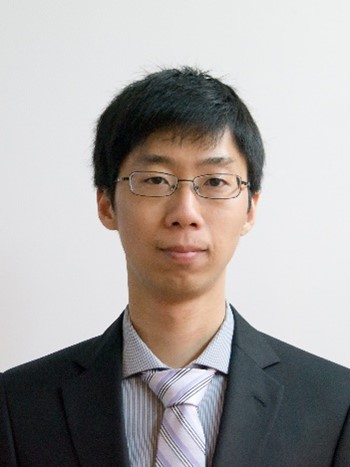

题目:From Precision Manufacturing to Intelligent Metrology
时间:2023年4月6日 10:00-11:30
地点:suncitygroup太阳新城官网 F201会议室
报告人:郭平 助理教授 (美国西北大学)
邀请人:彭林法 研究员 (薄板结构制造研究所)
Biography
 Dr. Ping Guo is an Assistant Professor at the Department of Mechanical Engineering, Northwestern University. He received his B.S.degree in Automotive Engineering from Tsinghua University in 2009 and his Ph.D. degree in Mechanical Engineering from Northwestern University in 2014. Before joining Northwestern University in September 2018, he spent four years at the Chinese University of Hong Kong as an Assistant Professor. Dr. Guo’s research interests center on the paradigm of micro/meso-scale manufacturing, including precision surface texturing, process micro-mechanics, miniature machine tools, metrology, micro-additive manufacturing, etc. He currently serves as the Associate Editor of the Journal of Manufacturing Processes. He is the recipient of T.W. Taylor Medal from CIRP 2023, Kornel F. Ehmann Manufacturing Medal from ASME 2021, Outstanding Young Manufacturing Engineer Award from SME 2020, Young Investigator Award from International Symposium on Flexible Automation 2018, Hong Kong Research Grants Council Early Career Award 2016. He is elected as the Associate Member of the International Academy for Production Engineering (CIRP) in 2022.
Dr. Ping Guo is an Assistant Professor at the Department of Mechanical Engineering, Northwestern University. He received his B.S.degree in Automotive Engineering from Tsinghua University in 2009 and his Ph.D. degree in Mechanical Engineering from Northwestern University in 2014. Before joining Northwestern University in September 2018, he spent four years at the Chinese University of Hong Kong as an Assistant Professor. Dr. Guo’s research interests center on the paradigm of micro/meso-scale manufacturing, including precision surface texturing, process micro-mechanics, miniature machine tools, metrology, micro-additive manufacturing, etc. He currently serves as the Associate Editor of the Journal of Manufacturing Processes. He is the recipient of T.W. Taylor Medal from CIRP 2023, Kornel F. Ehmann Manufacturing Medal from ASME 2021, Outstanding Young Manufacturing Engineer Award from SME 2020, Young Investigator Award from International Symposium on Flexible Automation 2018, Hong Kong Research Grants Council Early Career Award 2016. He is elected as the Associate Member of the International Academy for Production Engineering (CIRP) in 2022.
Abstract
My research vision is to bring innovations to precision engineering by pushing the limit of precision manufacturing and expanding the boundary of intelligent metrology. In this talk, I will present two examples that illustrate our efforts in innovating precision manufacturing and measurement capabilities. The first example applies conventionally undesirable vibration in precision cutting to bring unprecedented process capabilities. The invented vibration-assisted precision texturing process is able to fast pattern controllable wavelength-scale gratings for structural coloration and advanced optics. In the second example, I will introduce our recent efforts to use deep learning to achieve end-to-end prediction to enhance photometric stereo for potential in-process three-dimensional form measurement. I will demonstrate a combined physics-based and data-driven approach to synthesize realistic and large-scale datasets for the optimal performance of deep learning techniques in manufacturing applications. Finally, I will briefly share some other ongoing research projects that hopefully bring inspiration to future precision engineering.
